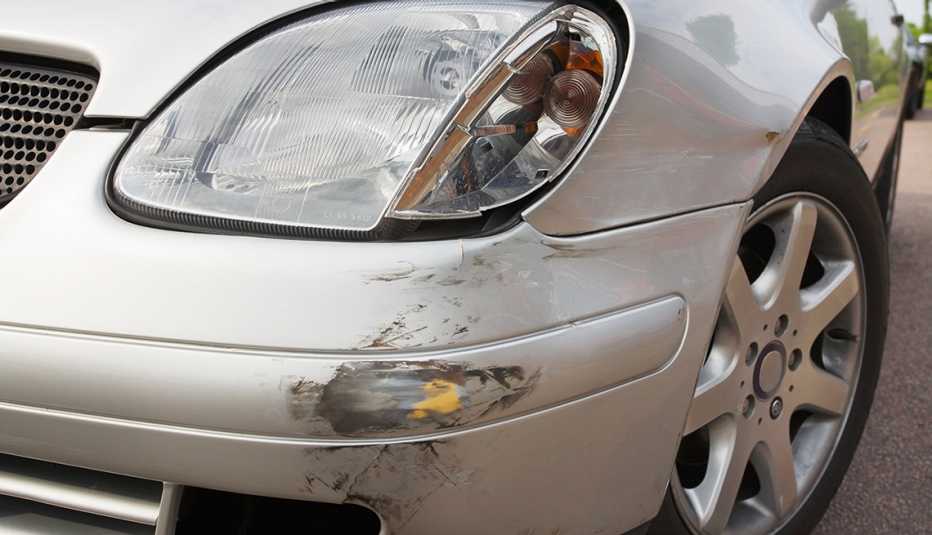Staying Fit


Getting older isn't necessarily a reason to give up driving.
While older drivers are keeping their licenses longer and logging more miles on their cars than in the past, the number of fatal crashes involving drivers age 70 and over has declined significantly since the mid-1990s, a June 2021 study by the Insurance Institute for Highway Safety (IIHS) found.


AARP Membership— $12 for your first year when you sign up for Automatic Renewal
Get instant access to members-only products and hundreds of discounts, a free second membership, and a subscription to AARP the Magazine.
Still, fatal crash rates per miles traveled do tend to increase considerably after age 70 and reach their peak among drivers 85 and older, according to IIHS data.
Because you want to make sure your loved one doesn't become one of those unfortunate statistics, take a proactive approach to making sure your parent, partner or spouse is still fit to drive.
For many older drivers, driving serves as a form of independence and sometimes even a source of pride, so this is a sensitive subject.
If you can, “have your loved one's doctor broach the subject. As health care professionals, we need to accept responsibility for bringing up this subject,” says George T. Grossberg, director of geriatric psychiatry at the St. Louis University School of Medicine in Missouri. If your loved one's physician doesn't bring up the topic, ask the doctor to address it.
Combating a ‘false sense of security'
It's unrealistic to trust that your loved one will hand over the keys at the appropriate time. Some older adults might, but others won't.
"As we get older, we tend to develop a more positive outlook on things. The problem is, it gives us a false sense of security when it comes to things like driving,” says Gary J. Kennedy, director of geriatric psychiatry at the Montefiore Medical Center in New York City.


































































More From AARP
Tips for Long-Distance Caregiving
Steady communication and building a trusted team are crucialKeep Driving Safely as You Age
How to maintain your skills behind the wheel for as long as possible
This online seminar helps users recognize when it’s time to limit or stop driving, and how to discuss the issue with loved ones.